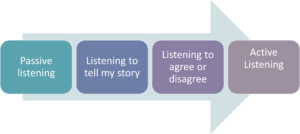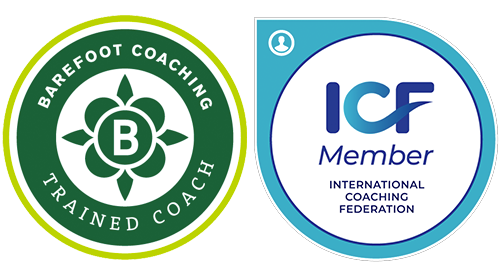Talking is therapy in itself
To speak about our thoughts and feelings openly with people we trust, love, like or just know helps in so many ways. The mere act of talking about the things that matter to us often helps put things is perspective. Our worries and problems can subside as we talk them through with the people around us. If this is the case, why would anyone need to pay to talk to a coach? What are the benefits of coaching?
Let’s take a situation where we are worried about a problem at work and we bring it home and talk to our partner, parent or friend about it. They are interested and they care. They also listen from a position of knowing us and caring about us. This is subjective and from the moment we start talking they are evaluating our words and thinking about possible solutions, opinions and words of wisdom or affirmation. Although this is wonderful in many ways, it isn’t objective and it doesn’t encourage possible new ways of thinking.
Objectivity
In comparison, a good coach listens with their full attention from a position of not knowing and complete objectivity. When a coach listens, they are listening not only to the words you are saying but to the way you are saying them. Your body language, your expression, your intonation and they are also listening to what isn’t being said. The subtle nuances they might hear and then play back to you can often be the light bulb moment you have been waiting for.
I remember in a recent coaching session hearing the words being said but seeing something completely different in their body language. The words were positive but their arms were folded across their chest and they withdrew as they spoke. I played what I had noticed back to them and they then opened up to what they really felt. This is because I was listening with my full attention, with no assumptions. I only played back what I saw. The power of this type of listening and attention is phenomenal and is why I believe coaching works.
Active listening
![]()

We have all been in a situation when we are speaking and the person listening takes out their phone. They may read a text or scroll through their emails whilst you are talking. This is passive listening or not listening, where a person hears you but doesn’t truly listen to what you are saying. Then, how many people interrupt you when you are telling your story and then tell theirs instead? Or they give you their opinion or advice before you have finished what you are saying.
Listening to agree or disagree often happens in the workplace, when time is of the essence. If a person already knows they agree or disagree with you, they often stop listening as soon as they think this. They can then get on with their own thinking whilst you continue to talk. But, they are not hearing you anymore. In the many conversations we have in life, in and outside of work, most people demonstrate all these levels of listening. This is because it is a conversation and not a coaching session.
Time to think
Coaching works because a coach listens at the ‘Excellent’ end of this spectrum. They actively listen to everything you are saying in complete service of you, their client. And by doing this, they hear you and ask you pertinent, curious questions to help you find your best way forward. This type of deep listening Nancy Kline talks about in her renowned book and on her website ‘Time to Think’. She talks about the importance of silence and listening to a person without interrupting their words. When a coach creates this silent space for you, you feel that your thoughts and feelings are valid and that you hold all the answers. Kline goes even further by saying that allowing a person some silence after they have spoken often gives them even more space and time to think. This silence is where some of the best ideas come from and the light bulb moment can happen.
Thinking activities
There are many coaching activities that promote creative and inspired thinking. Some coaches will offer these to their clients if they feel they will benefit from a different perspective. Sometimes we have values and negative believes about ourselves that hold us back in life. And these beliefs are often subconscious or habitual and will be identified during a particular exercise. To reflect on ourselves and our situation from new perspective can release desires and motivation for change.
Safe and confidential space
Lastly a good coach will create a safe and confidential place for you to talk whilst they listen. Anything you say stays between the coach and the coachee, unless a coach feels worried about a person’s welfare. But even this should be identified and dealt with, with care and transparency. The coach’s sole purpose is to help the coachee to reflect on their situation, think about their options and decide on a way to achieve their desired outcome.



